Not to be mistaken with eau de parfum and definitely not to be mistaken with essential oils, perfume oil is something else entirely. Composed of oils (instead of alcohol), this fragrance category offers a one-of-a-kind scent experience. Intimate, long lasting, and ridiculously respectful to your skin—all while being just as beautifully scented as your typical fragrance.
Intrigued? Here’s your oil you need to know about perfume oils.
Perfume: A History
You might have only recently spied ‘perfume oil’ on the hallowed shelves of your local MECCA only but perfume oils have been leading the world of fragrance for millennia. Many ancient civilisations first began fashioning fragrances from oils—instilling sacred rituals, ceremonies, and tradition onto the powerful world of scent.
Of course, once alcohol hit the scene (all the way back in around 1370 AD), it quickly became the common perfume base. Alcohol evaporates rapidly, carrying fragrance molecules into the air and making it intensely perceptible to whoever’s around.
This is what made alcohol-based perfumes so perfect for the showy, extravagance of medieval society—and what makes perfume oils so unique. Perfume oil gets absorbed by the skin, allowing the fragrance to meld with your body's chemistry for an intimate, special scent.
Why You’ll Love Perfume Oil
It’s alcohol free: For our sensitive skin have-ers, perfume oils provide a hypoallergenic, skin-friendly fragrance option. Free from alcohol, perfume oils tend to be less likely to cause irritation, dryness, or allergic reactions. All while still smelling magnificent. But! Don't forget (as always) to patch test first.
It lasts: Perfume oils tend to evaporate more slowly, allowing the fragrance to remain on your skin for hours. By binding to the skin’s natural oils, perfume oils don’t just sit on top of the skin—they absorb slightly and cling for a subtle, long-wearing effect.
It’s intense: Due to how alcohol evaporates, typical perfume tends to ‘throw’ the scent in the air. Meaning: it’s likely to win you plenty of compliments immediately after application. Perfume oils instead stick closer to the skin, giving you a subtle skin-close scent trail that develops slowly.
How To Apply Perfume Oil
Usually housed in a rollerball (and occasionally in a dropper), perfume oils are applied directly to the skin.
Glide your perfume oil over pulse points like wrists, neck, inner elbows, or behind the ears. This placement lets the heat of your body help slowly release the fragrance. But! Save yourself from the trouble of oil stains and apply directly to your skin (not your clothes).





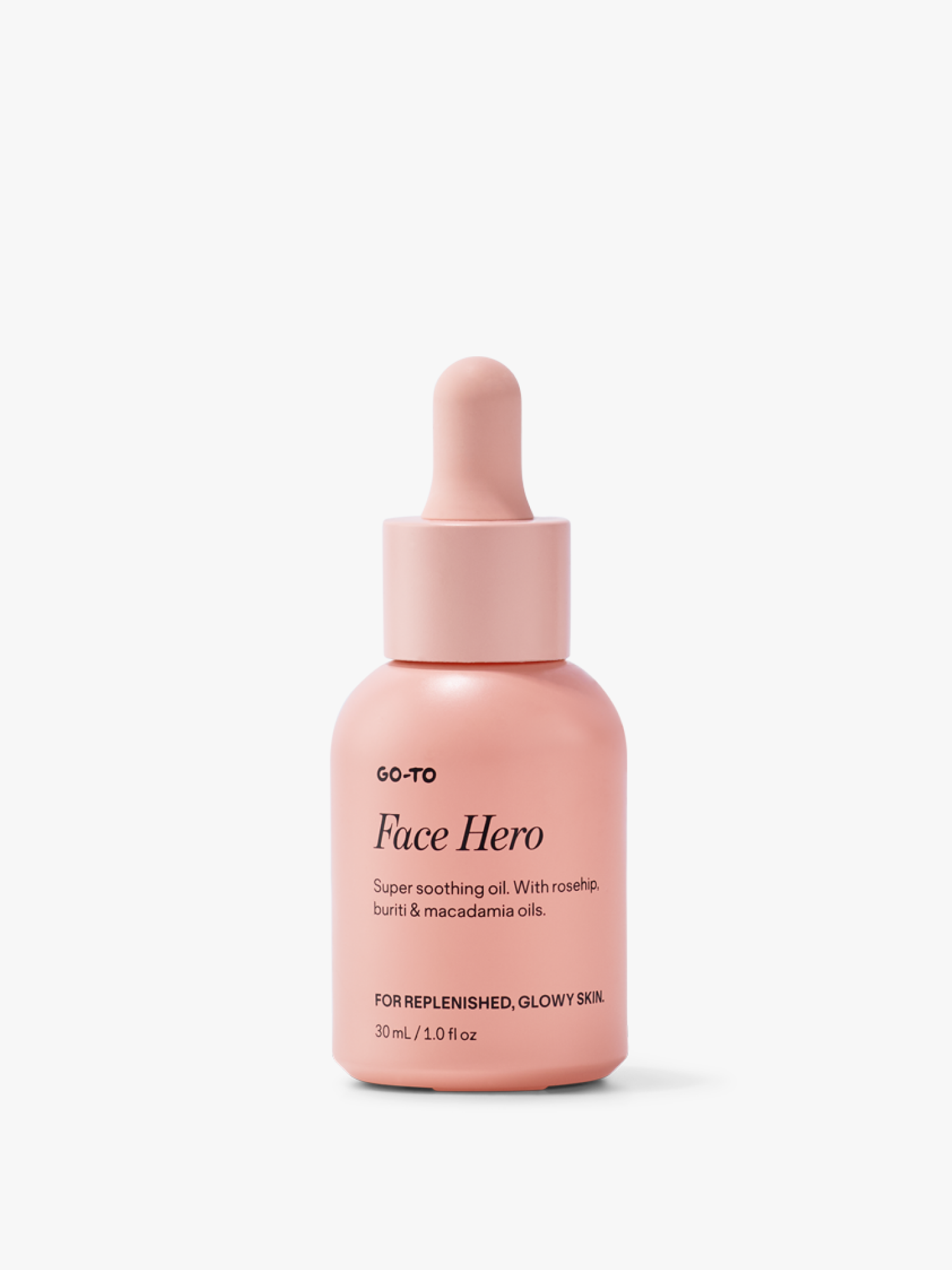
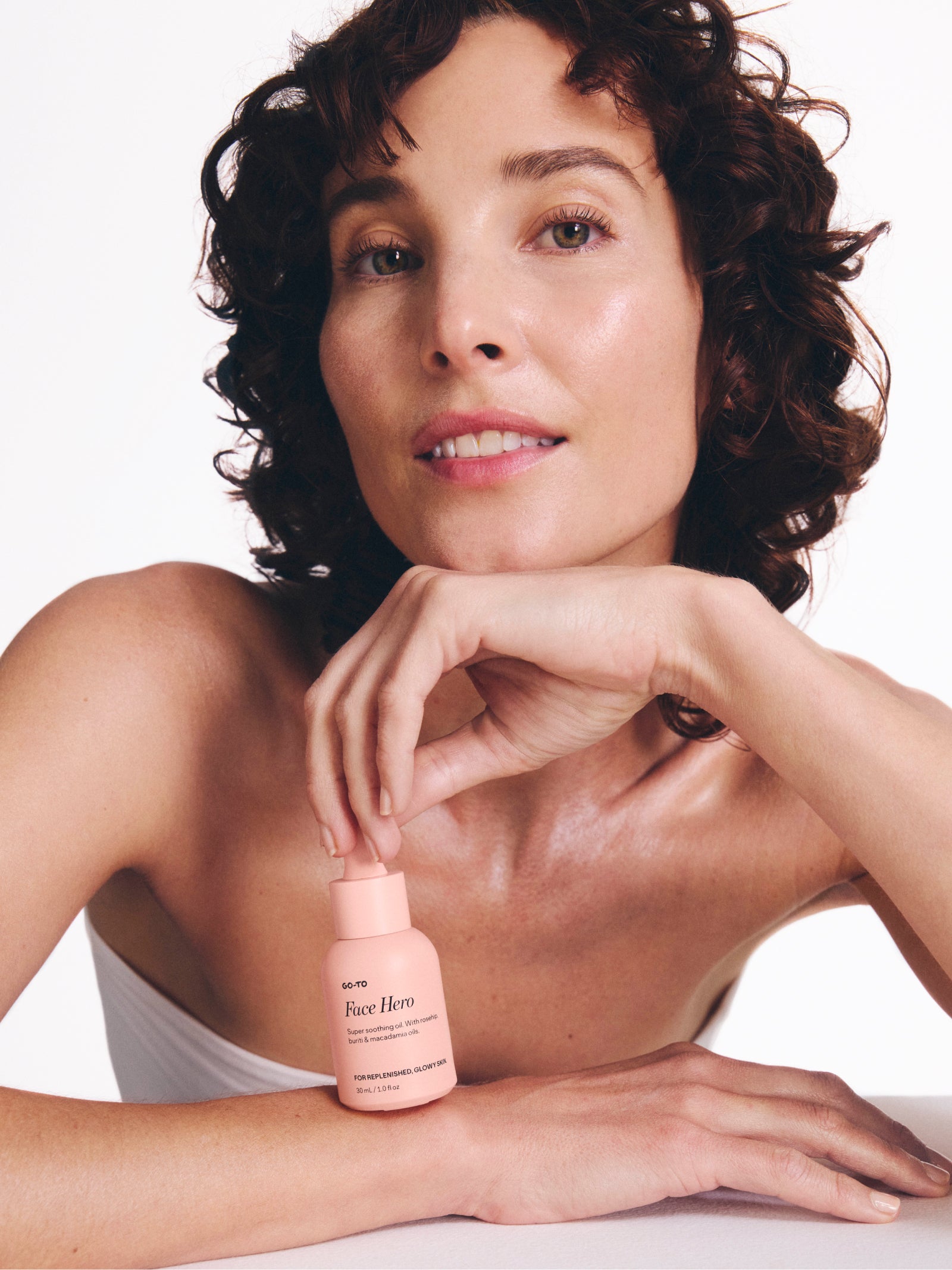

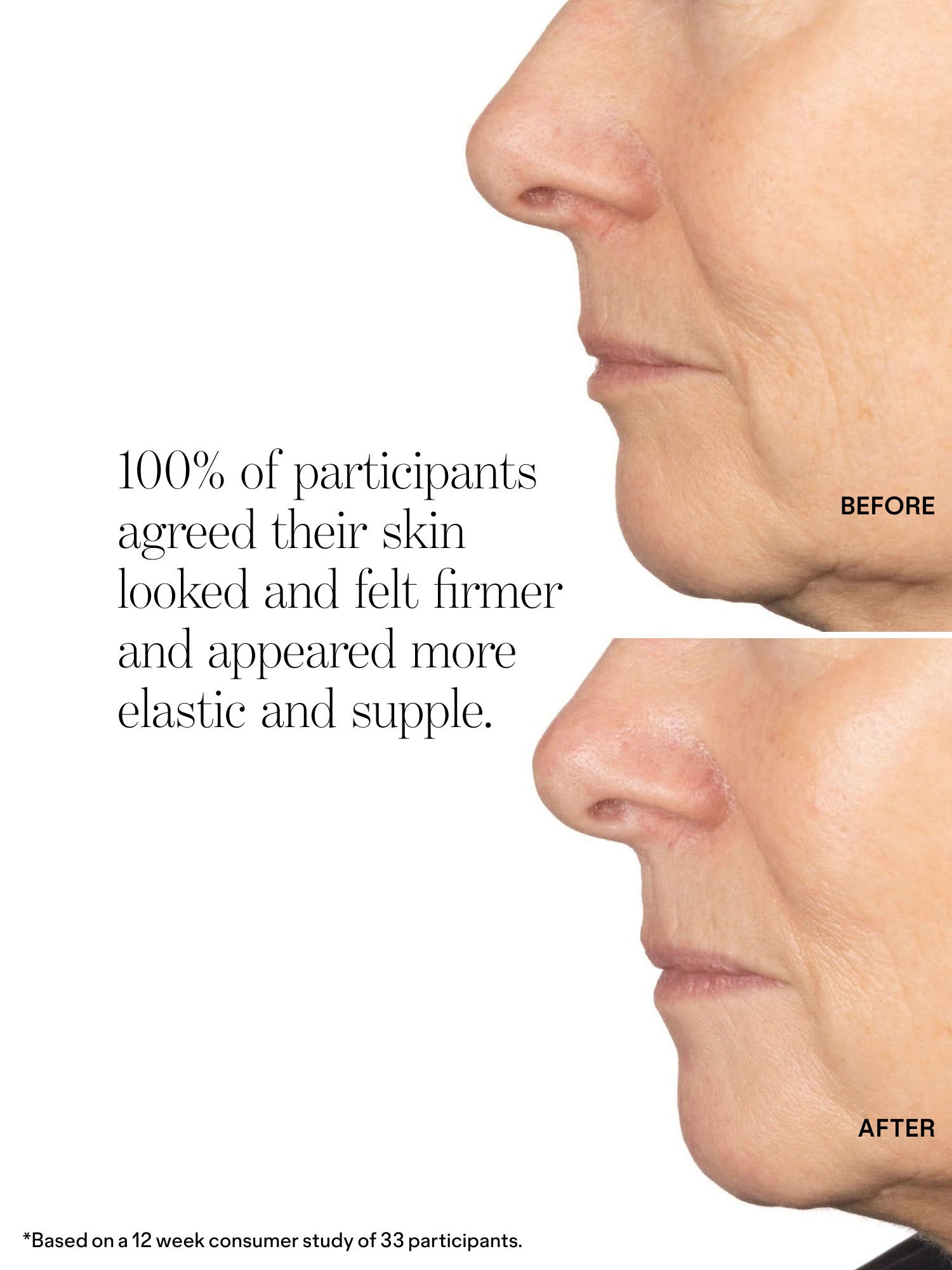
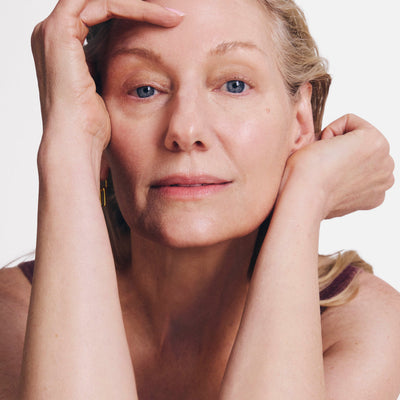
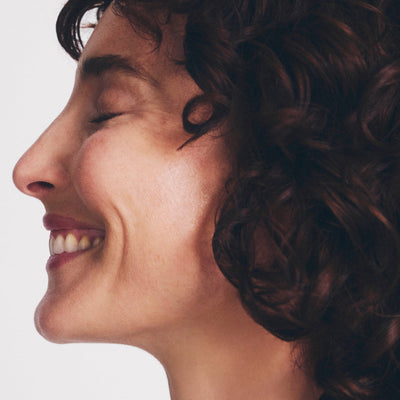
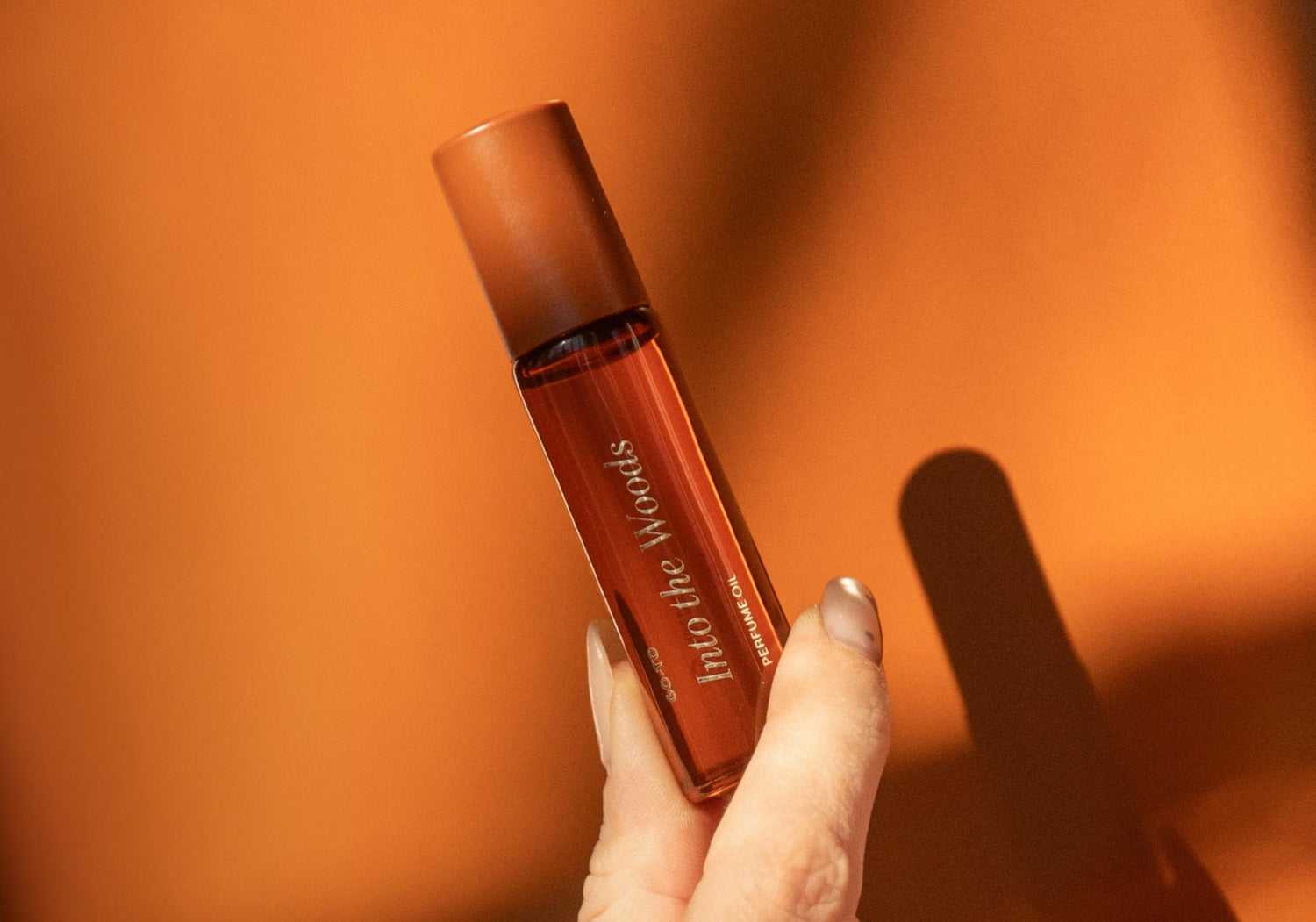

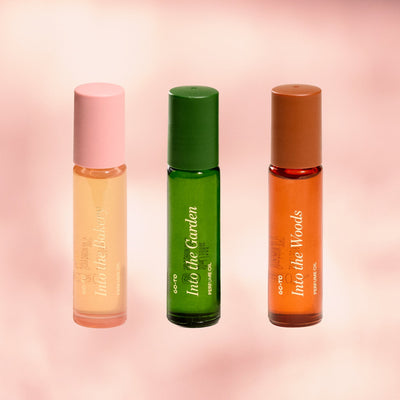
Comments